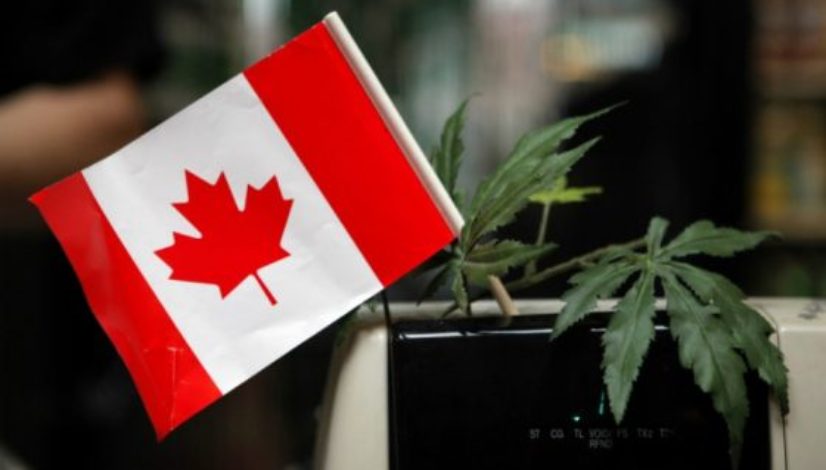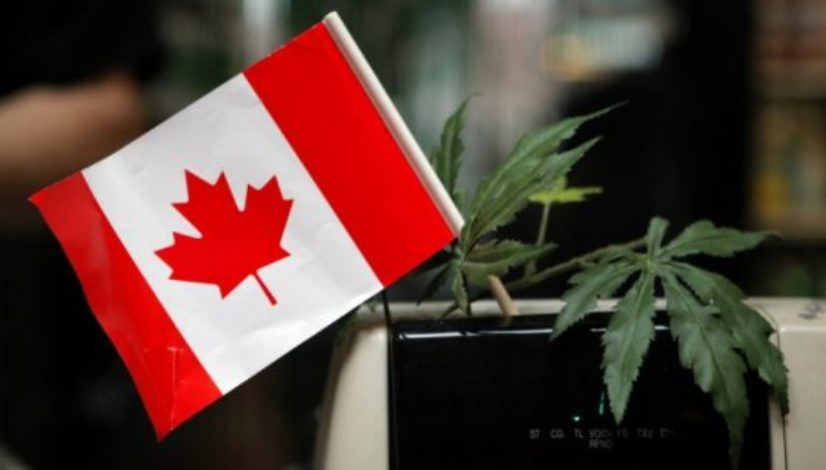Canadian provinces bargaining with feds over how to divvy cannabis tax revenue

Published: Nov 8, 2017, 2:03 pm • Updated: Nov 8, 2017, 2:03 pm
By Josh Wingrove and Maciej Onoszko, Bloomberg
Canada’s most populous province expects the country to reap significant revenue from the sale of legalized marijuana, and is pushing for a bigger cut of the tax windfall.
Ontario Finance Minister Charles Sousa expects strong demand when Canada legalizes recreational pot next year, but cautioned it must be cheap enough to undercut prices as low as C$8 per gram ($177 an ounce) on the illegal market.
“I think there’s going to be substantive revenue coming from cannabis,” Sousa said Tuesday during an editorial board interview at Bloomberg’s Toronto office. He expects a price to be “one of the latter” decisions made ahead of legalization. “We need to price it in such a way as to be competitive with the illicit market, and that’s all-in — so if we’re looking at a wholesale price of C$7 or C$8, we’re going to be at more” after taxes and fees.
Canada’s finance ministers will meet Dec. 11, though Sousa said he didn’t expect to set a wholesale pot price then. A spokesman for Canadian Finance Minister Bill Morneau said discussions over the tax and how to split it are ongoing.
“We continue to make progress towards a tax framework designed to keep prices low enough to put criminals out of business, while helping to offset the costs of education, administration and enforcement,” Daniel Lauzon, a spokesman for Morneau, said in an email. The next step will be to publicly release the full tax proposal for public input. “We continue to work with our partners on this – and it’s very much a conversation at this point.”
Canada will legalize many forms of recreational marijuana by next July and will leave many of the key details, including setting up sales and distribution regimes, to its 13 provinces and territories. Ontario has announced it will sell pot through government-run stores and online.
Related stories
- From working against legalization to leading a cannabis advocacy non-profit
- Meet Canada’s only certified kosher cannabis producer
- Will Canada be able to fully legalize and regulate marijuana by July?
- Canadian police ask government to postpone marijuana legalization
- Canada looks to spend $274M to bolster cannabis-related law enforcement
To a certain extent, Canada is flying blind as the world’s first major economy to legalize recreational use. One concern is that, with uncertainty over how big the legal market will be, supplies could run short — and Sousa echoed that.
“I’m being told that having sufficient supply may be more problematic than we thought. So when we get our stores out and we get our online ready, we’ve just got to make sure we have quality production and supply in the mix as well.”
Speaking to an event earlier Tuesday hosted by the Toronto Board of Trade, Sousa said flatly that a federal proposal to split pot tax revenue is not enough.
“We want to make certain that the ongoing costs are appropriately attended to,” he later said in the interview. “My colleagues in other provinces are demanding more than 50-50, so we are going to be working closely with the feds. And Morneau and others, they recognize that.”
With assistance from Jen Skerritt
Topics: Canada, Ontario, prices, taxes




